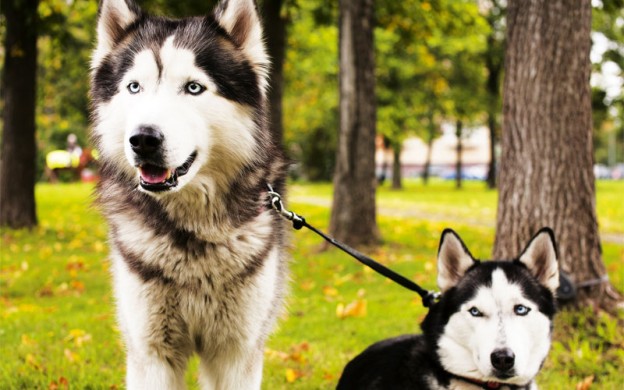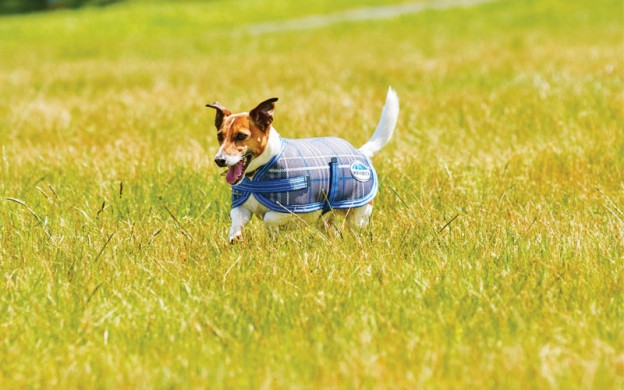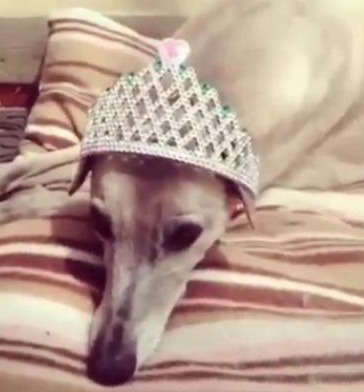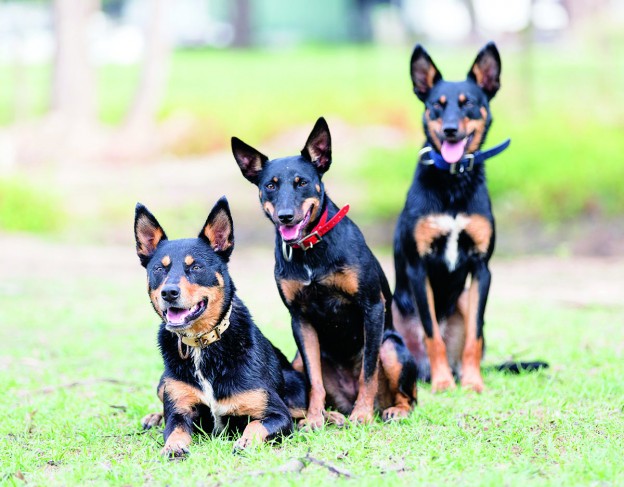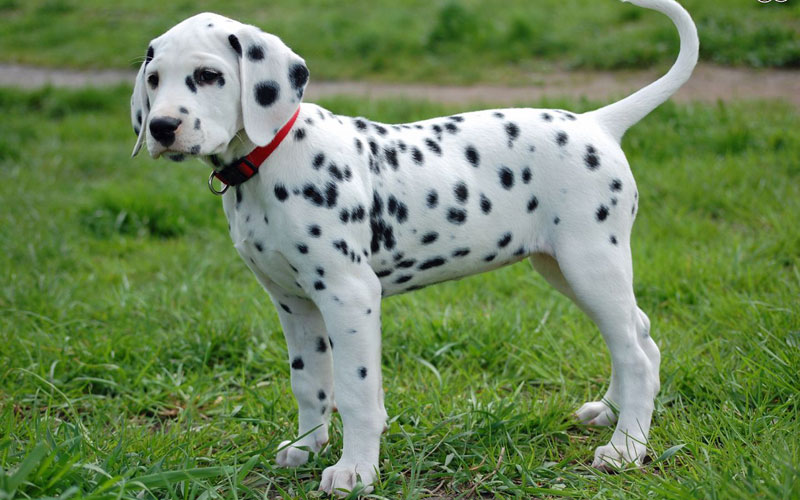
A protective and highly intelligent breed, the Dalmatian’s elegance can be “spotted” a mile away.
By Lucy Arblaster
One of the most distinctive breeds of dog, the Dalmatian is unmistakable and its endearing nature makes it even harder to forget. Elegant, humorous, active and intelligent, the Dalmatian is a highly sociable dog with a clown-like personality and a craving for companionship.
The Dalmatian is believed to have originated in the eastern Mediterranean, spreading to India and then across Europe. The breed became known for accompanying carriages and clearing the road of stray animals, a job that required great strength, stamina and endurance. Boasting protective qualities, Dalmatians also served as guard dogs, war dogs, faithful companions, coach dogs and mascots for horse-drawn “ire engines.
As its history suggests, the Dalmatian will run with horses for long distances. This is something it has a natural affinity for, not to mention the apparent calming effect the dogs have on horses. The Dalmatian is considered somewhat of a guardian angel.
Breed Facts
Personality: The Dalmatian is graceful yet playful. It is also a highly intelligent and active breed with a very sociable personality and a craving for love and attention.
Favourite activities: This breed thrives on a good walk, run or game of fetch. These dogs also enjoy the water and their intelligence and activity levels ensure they excel at activities such as obedience and agility.
Watchdog qualities: Dalmatians are quite protective, which makes them good guard dogs, and they generally won’t bark without cause.
Backyard requirements: Because of its strong desire to run and play, the Dal will attempt to escape from its yard, so high, secure fences are a must. This is definitely not a dog for small, confined areas unless it receives appropriate exercise time each day. An unexercised Dalmatian can become troublesome and depressed.
Hereditary diseases: Overall, the Dalmatian is a relatively healthy breed, although it can be susceptible to kidney stones due to its higher concentration of uric acid in the bladder. However, this is not common and a reputable breeder will recommend a feeding guide low in purines to avoid this problem.




